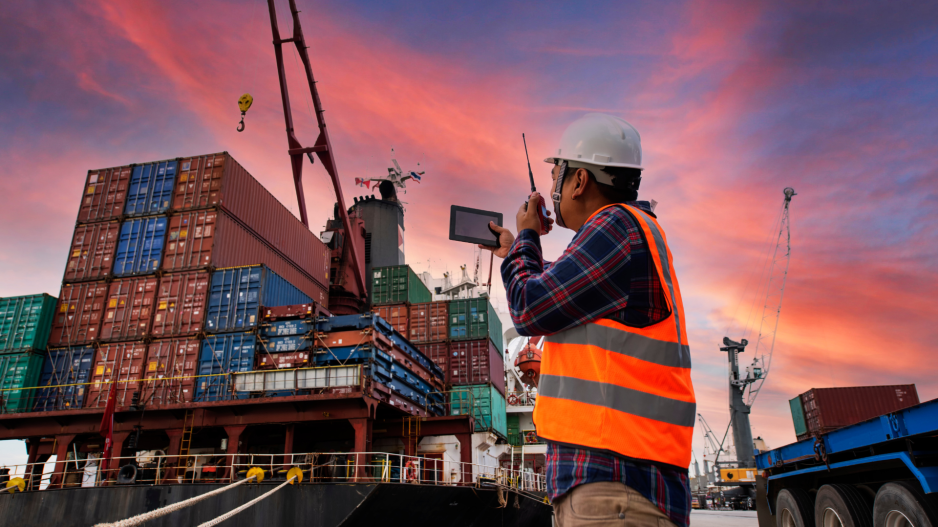Cyprus Aims to Mitigate the Impact of the New EU Tax on Maritime Fuel
The Minister Expressed Determination to Pursue a Favorable Outcome in the EU, Working Alongside Other Affected Nations
The impact of the new EU maritime fuel tax was a key discussion point at the Transport Council meeting in Nicosia on Thursday, chaired by Cyprus' Transport, Communications and Works Minister, Alexis Vafeades.
Minister Vafeades indicated that authorities from both the private and public sectors are working towards a unified stance to present at the European level. This effort aims to alleviate the tax's negative impact. He mentioned collaboration with the other seven Mediterranean countries significantly affected by this new tax, emphasizing the need for compensatory measures.
Post-meeting, Vafeades, along with Deputy Shipping Minister Marina Hadjimanolis and representatives from various Cypriot organizations, addressed the press. They discussed the challenges posed by the carbon tax implementation, which primarily increases consumer costs.
"We've deliberated on the consumer cost surge due to this taxation," Vafeades said. "Our goal now is to formulate a joint approach between the private and public sectors. This strategy will shape Cyprus' advocacy for mitigating this issue and reducing consumer costs." The Minister expressed determination to pursue a favorable outcome in the EU, working alongside other affected nations.
Regarding Cyprus' stance in the EU, Vafeades noted the disparity in regulatory adoption rates between the EU and other nations, impacting operational costs. "One key point for Cyprus is highlighting these regulations' burden on citizens and urging the EU to consider compensatory measures," he added.
Vafeades also mentioned aligning EU policies with global standards set by organizations like the IMO.
On why the regulation disproportionately affects southern countries, Vafeades explained that proximity to non-EU ports, offering cheaper services due to non-adherence to these regulations, significantly impacts these nations. This is particularly acute for Cyprus, given recent geopolitical shifts leading to altered shipping routes, further increasing costs.
When questioned about the impact on Cyprus's port competitiveness and shipping sector, Vafeades clarified that while the ship registry might not be directly affected, operational costs for routes to and from EU ports would rise, thereby benefiting non-EU ports.






